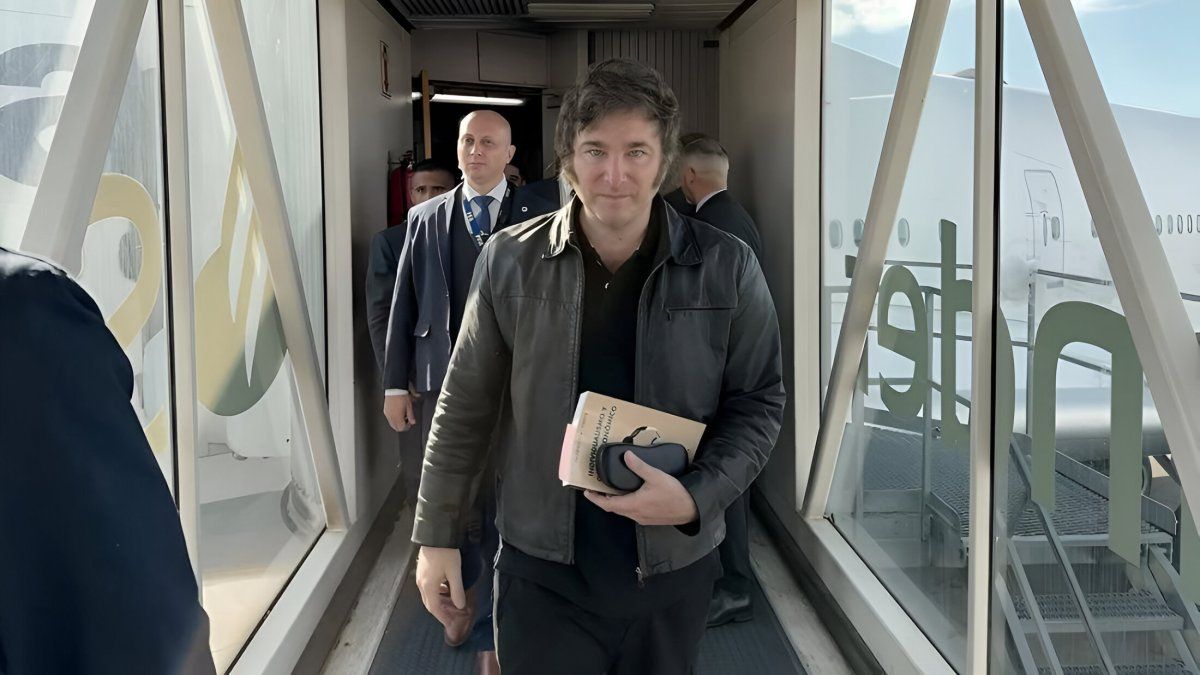IG Metall wants to concentrate on money in the collective bargaining round for the metal and electrical industry. The union is demanding a significant increase in wages for employees.
In view of the record-breaking rate of inflation, IG Metall wants to demand 7 to 8 percent more money for the approximately 3.9 million employees in the German metal and electrical industry.
First a recommendation
The union executive board decided on a corresponding recommendation on Monday, as IG Metall boss Jörg Hofmann said in Frankfurt. It is also about maintaining the purchasing power of citizens for private consumption. If private consumption collapses, a recession could threaten.
The recommendation is not yet the final requirement. This will be discussed in the regional wage committees on June 30th. It is about a specific number within the range of 7 to 8 percent, said Hofmann. On July 11, the IG Metall board wants to decide on the final nationwide demand. The union is aiming for a term of twelve months.
To justify the recommendation, IG Metall uses, among other things, the economic situation in the industry. Accordingly, according to a survey of works councils last year, significant increases in sales and productivity were recorded on average across the entire industry.
Nevertheless, according to IG Metall, the situation was very different depending on the sector. For example, production in the automotive industry fell significantly by six percent compared to the previous year, while it increased in mechanical engineering.
Contracts expire at the end of September
The contracts for employees in the core sectors of German industry, which include vehicle construction and mechanical engineering, expire at the end of September. Hofmann hopes that the negotiations can be concluded in November if all goes well. Warning strikes are possible after the end of the peace commitments from October 29th.
According to Hofmann’s assessment, however, collective bargaining alone cannot compensate for the rise in inflation. The first chairman of the largest German trade union therefore calls for further state relief. He includes a third relief package for 2023.
He also calls for a gas price cap to ensure normal household consumption and a reduction in the price of electricity. Hofmann also advocates an excess profit tax, which was recently discussed in particular with a view to the high profits of the mineral oil companies.
Strong price increases for energy and food drove the inflation rate in Germany to 7.9 percent in May, the highest level in almost 50 years. The Bundesbank expects inflation of 7.1 percent for the year as a whole, based on the so-called harmonized index of consumer prices (HICP). The European Central Bank uses this for its monetary policy. In May, the HICP in Germany was 8.7 percent above the previous year’s level.
However, according to a current survey by the employers’ association Gesamtmetall, the high energy and material costs as well as the economic uncertainties due to the Ukraine war in the metal and electrical industry are leading to great uncertainty. One in five of the more than 1,400 participating companies sees their existence in jeopardy due to the current economic environment.
Source: Stern
Jane Stock is a technology author, who has written for 24 Hours World. She writes about the latest in technology news and trends, and is always on the lookout for new and innovative ways to improve his audience’s experience.




